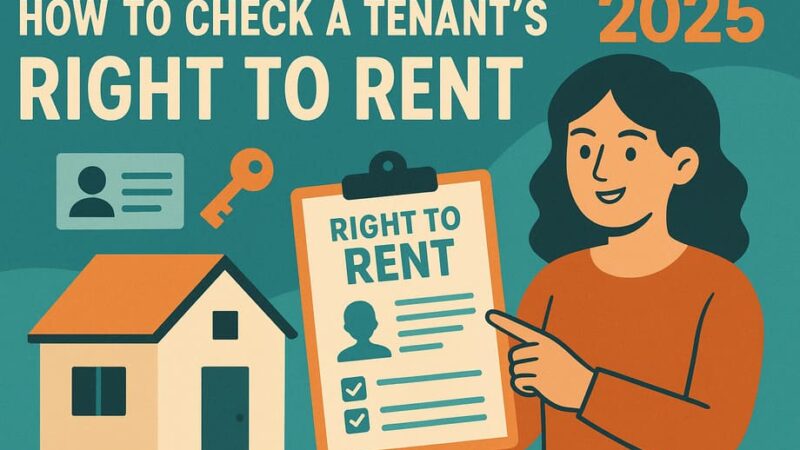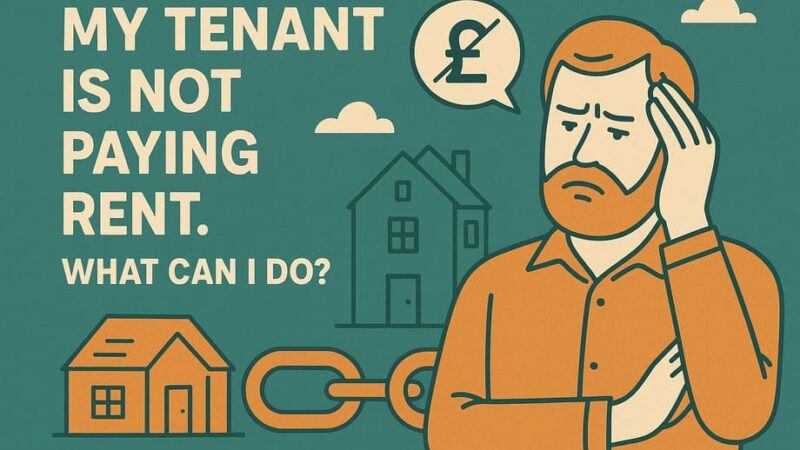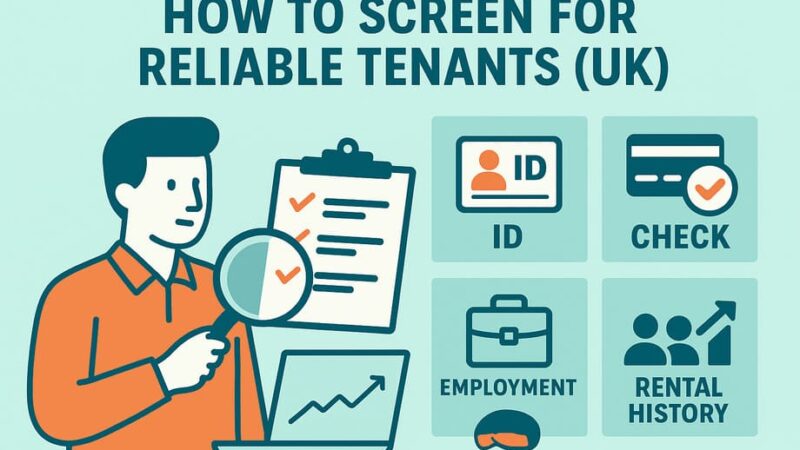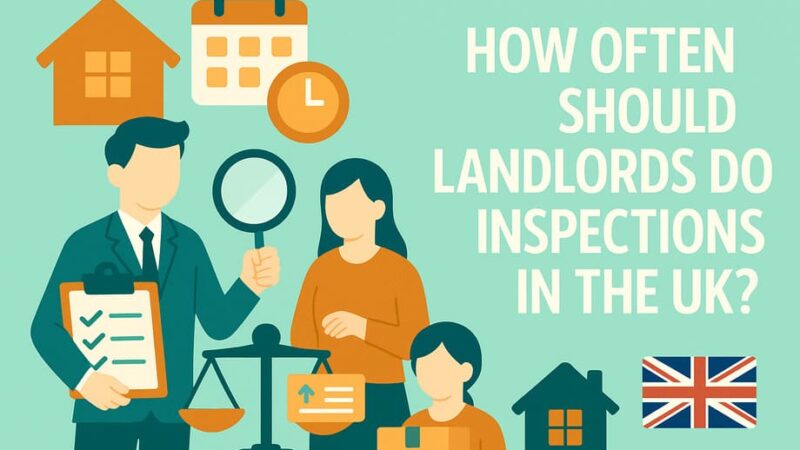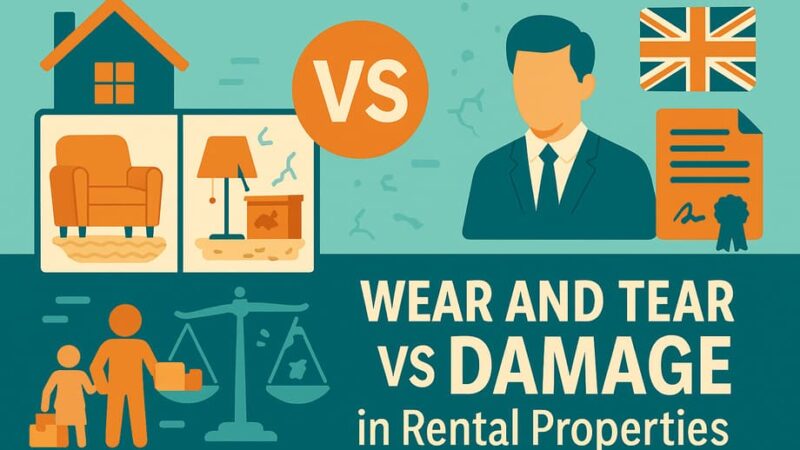UK Property Income for Non-Residents: A Beginner’s Guide
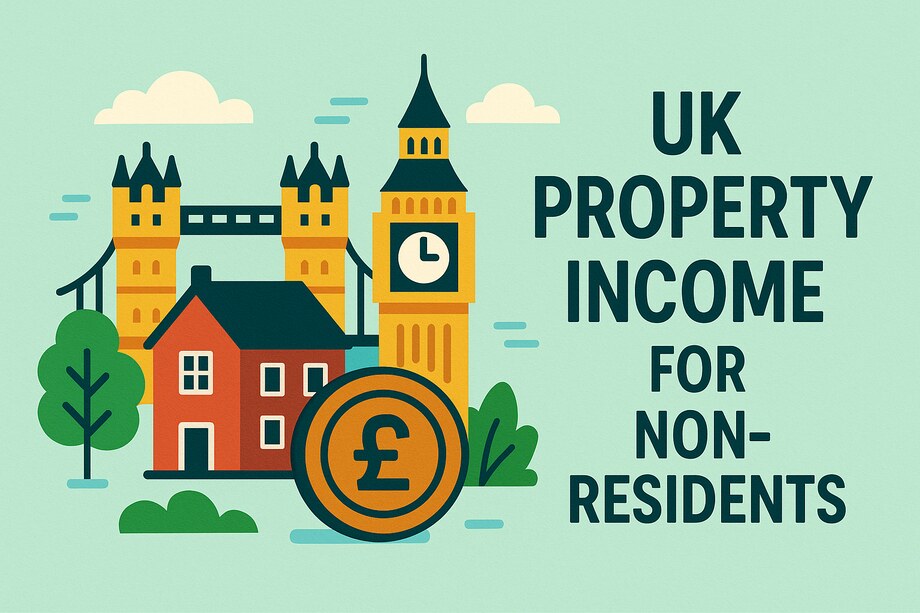
Are you living abroad but earning rental income from UK property? Whether you’re a British citizen who moved overseas and kept your property or an international investor in UK real estate, understanding your HMRC tax responsibilities is crucial.
This guide breaks down everything you need to know in straightforward language – from your tax liabilities to legal methods for reducing them. Tax matters don’t have to be overwhelming – we’ll explain each step clearly!
What Is a Non-Resident Landlord?
HMRC defines a non-resident landlord as someone who:
- Owns property in the UK
- Receives rental income from it
- Has their “usual place of abode” outside the UK
“Usual place of abode” simply means: If you live outside the UK for 6 months or more per year, you’re considered a non-resident landlord – even if you’re still a UK resident for other tax purposes.
Who This Applies To
- British expats who kept their UK home and rent it out
- Foreign investors who bought UK property as an investment
- Companies based outside the UK that own UK rental property
- Anyone who lives abroad but earns UK rental income
The Non-Resident Landlord Scheme (NRLS)
The UK government created this scheme in 1996 to make sure non-resident landlords pay UK tax on their rental income. Here’s how it works:
Standard Operation
Default requirement: Your property manager or tenant must deduct 20% tax from rent payments before sending money to you – unless HMRC approves full payment.
Example breakdown:
- Monthly rent: £1,000
- Tax deduction: £200 (20%)
- Payment to you: £800
- Property manager sends £200 to HMRC quarterly
Who Operates This System?
Property Management Companies: Must deduct tax from all managed properties regardless of rental amounts.
Tenants Directly: Must deduct tax when rent exceeds £100 weekly and no management company is involved.
Small Rental Exception: Rent of £100 weekly or less doesn’t require tenant deductions (unless HMRC specifically requires it).
Getting Your Full Rental Income (No Tax Deductions)
You can request HMRC approval to receive complete rental payments without deductions. This means you manage tax obligations through Self Assessment instead.
Eligibility Criteria
You qualify when:
- Your UK tax matters are current and compliant
- You expect minimal or no UK tax liability for the year
- You commit to filing UK tax returns and settling any tax due
Application Process
Complete form NRL1 through:
- HMRC online services
- Downloading and mailing the paper form
Joint ownership note: Each owner must apply individually for shared properties.
UK Rental Income Tax Fundamentals
Personal Tax-Free Allowance
Benefit: You receive the same tax-free allowance as UK residents – £12,570 for 2025-26.
This means total UK income under £12,570 typically results in no UK tax liability.
Property Income Allowance
You receive a £1,000 property allowance, meaning:
- Rental income £1,000 or under is completely tax-free
- Income above £1,000 allows choosing either:
- Deduct the £1,000 allowance, OR
- Deduct actual property costs (not both)
Tax Rates for 2025-26
When you owe UK tax:
- 20% on income up to £37,700 (after personal allowance)
- 40% on income from £37,700 to £125,140
- 45% on income over £125,140
Deductible Property Expenses
Reduce taxable rental income by claiming legitimate expenses:
Allowable Deductions:
- Property management fees
- Building insurance costs
- Property repairs and upkeep
- Cleaning and garden maintenance
- Professional service fees
- Mortgage interest payments (with limitations)
- Utility bills when landlord pays
Cannot Deduct:
- Property improvements or upgrades
- Personal living costs
- Property purchase expenses
Income Reporting Requirements
Report UK rental income when:
- £2,500+ annually (without claiming expenses)
- £10,000+ annually (when claiming expenses)
Key point: Report income at any level if tax was deducted under NRLS.
Self Assessment Tax Return Process
Filing Requirements
Nearly all overseas landlords must complete UK Self Assessment returns annually, regardless of tax owed.
Necessary Forms
- SA100: Main Self Assessment form
- SA105: Property income section
- SA109: Non-residence section
Important Dates
- Registration: October 5th following tax year
- Online filing: January 31st deadline
- Paper filing: October 31st deadline
- Payment: January 31st deadline
Timeline example: For 2025-26 income (April 6, 2025 to April 5, 2026):
- Register by: October 5, 2026
- File online by: January 31, 2027 or paper by: October 31, 2026
- Pay by: January 31, 2027
Real-World Examples
Example 1: Low Income Property
Sophie lives in France and rents her UK apartment for £700 monthly.
- Annual income: £8,400
- Personal allowance: £12,570
- UK tax: £0
Sophie needs to file returns but owes no UK tax. She should request full payment using form NRL1.
Example 2: Medium Income Property
David lives in Canada and rents his UK house for £1,800 monthly.
- Annual income: £21,600
- Minus expenses: £3,800
- Taxable profit: £17,800
- Minus personal allowance: £12,570
- Taxable amount: £5,230
- UK tax: £1,046 (20% of £5,230)
David benefits from requesting full payment rather than having £4,320 (20% of £21,600) deducted.
Example 3: High Expenses
Emma lives in Spain and rents her UK property for £1,300 monthly with significant costs.
- Annual income: £15,600
- Minus expenses: £7,500
- Taxable profit: £8,100
- Minus personal allowance: £12,570
- UK tax: £0
Emma should definitely request full payment to avoid unnecessary deductions.
Avoiding Double Taxation
Important consideration: Your home country may also tax this income. Many nations have agreements with the UK preventing double taxation.
Steps to take:
- Verify if your country has a UK double taxation treaty
- Declare rental income in your home country
- Claim relief for UK tax paid
- Seek professional advice for complex situations
Frequent Mistakes and Solutions
1. Ignoring UK Tax Obligations
Wrong thinking: “I live abroad, so UK tax doesn’t apply to me.” Truth: UK property income always creates UK tax liability.
2. Accepting Unnecessary Deductions
Problem: Allowing 20% deductions when you owe less or no tax. Fix: Apply for full payment using form NRL1.
3. Missing Important Dates
Problem: Late registration or filing. Result: Automatic penalties regardless of tax owed.
4. Poor Record Keeping
Problem: Lost receipts and untracked expenses. Fix: Save all property receipts and bank records.
5. Going It Alone
Problem: Handling complex situations without help. Fix: Get professional advice for significant properties or complicated cases.
Special Circumstances
Shared Property Ownership
When owning property with others:
- Each owner handles tax separately
- Individual applications needed for full payment
- Separate tax returns required for each person’s share
Company Ownership
When a company owns property:
- Pays Corporation Tax (19-25%) not Income Tax
- Different deadlines and rules apply
- Company returns due 12 months after accounting year
Trust Ownership
When property is in a trust:
- Special rules apply
- Earlier deadline (October 31st)
- Usually needs specialist help
Capital Gains Tax on Property Sales
Critical information: Selling UK property may trigger Capital Gains Tax liability.
Current rules: Since April 2015, overseas sellers must:
- Report sales within 60 days
- Pay Capital Gains Tax within 60 days
- Applies to all sales, whether profit or loss
Penalties for Non-Compliance
Late Registration
- Penalties begin immediately after October 5th deadline
- Minimum £100 penalty
Late Filing
- £100 for up to 3 months late
- £10 daily for 3-6 months late (maximum £900)
- Escalating penalties for longer delays
Late Payment
- 5% penalty after 30 days late
- Additional penalties at 6 and 12 months
- Interest on unpaid amounts
Step-by-Step Action Plan
Before Starting Rentals
- Learn your obligations – plan for UK tax return filing
- Establish record systems from the beginning
- Consider full payment application using form NRL1
- Budget for taxes if you expect to owe any
During the Rental Year
- Monitor income and expenses monthly
- Store all receipts securely
- Track tax deductions if any
- Review quarterly to estimate tax bills
After Year End
- Register for Self Assessment by October 5th
- Organize documentation by December
- File tax return by January 31st
- Pay taxes owed by January 31st
When Professional Help Makes Sense
Get expert assistance when:
- Annual rental income exceeds £30,000
- You own several properties
- Expense deductions are unclear
- Your situation is complicated
- You want to minimize tax legally
- You’re considering property sales
Key Points to Remember
- UK property income always means UK tax – your residence doesn’t change this
- You can often reduce or eliminate UK tax through allowances and planning
- Request full payment when you expect minimal tax liability
- Maintain detailed records for all income and costs
- Meet all deadlines – penalties apply even with no tax owed
- Get professional help for large or complex situations
- Consider home country relief for double taxation
Conclusion
Managing UK rental property from abroad doesn’t need to be complicated. Understanding your responsibilities and acting early often results in minimal UK tax through personal and property allowances.
The crucial element is addressing obligations promptly. HMRC increasingly tracks overseas landlords, and non-compliance penalties can be substantial.
Remember: This guide explains general principles, but individual situations vary. For specific guidance about your circumstances, particularly with larger rental incomes or complex situations, always consult qualified tax professionals who understand both UK tax rules and your home country’s tax system.
Take action early, maintain good records, and seek professional help when uncertain. Your future financial well-being depends on it!
This guide offers general information only. Tax regulations change, and personal situations differ. Always get professional advice for your specific circumstances.
Last Updated on August 13, 2025 by James Cartwright


